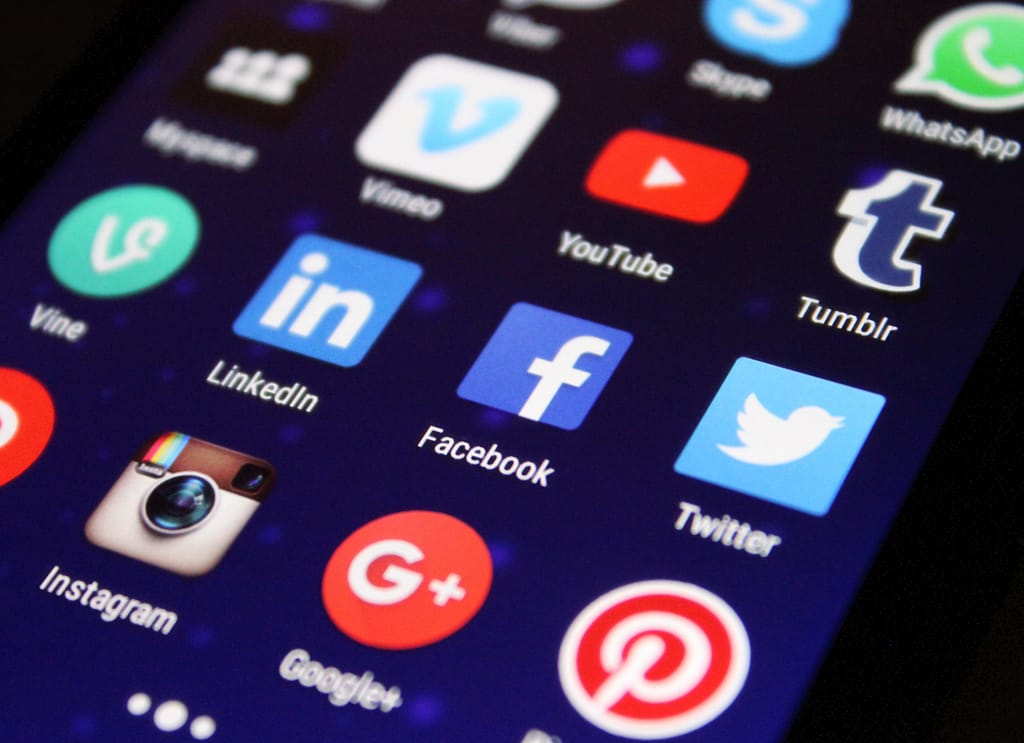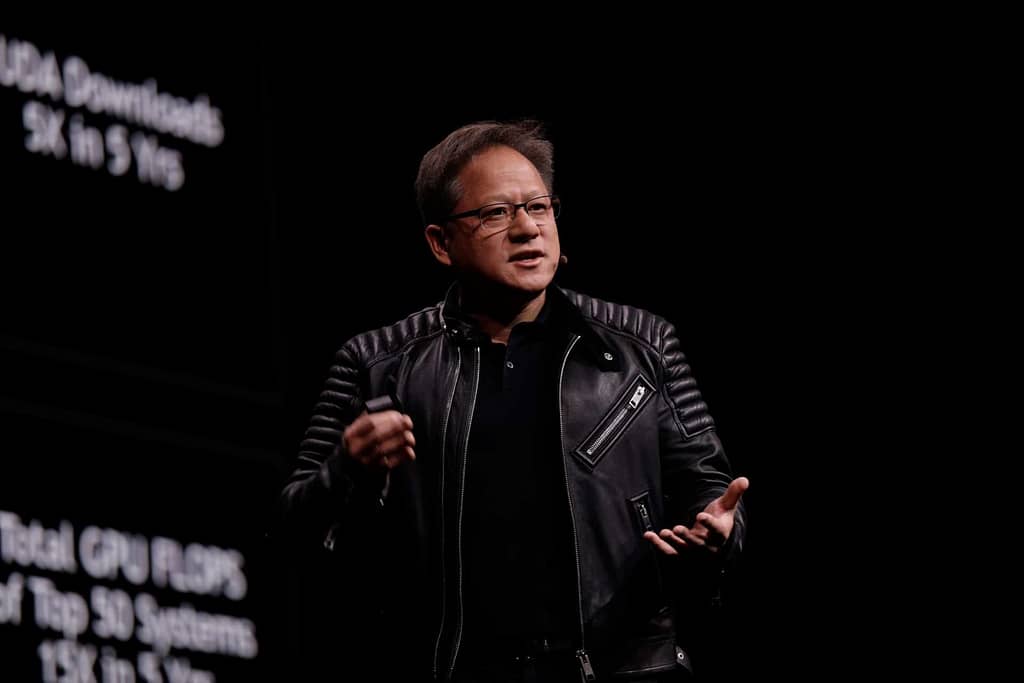Samsung vs. Apple Ecosystem sometimes you also have the question that which ecosystem is better, this article will clear your doubt and at the end, you will find out which one is the winner
In the ever-evolving world of tech, several rivalries dominate the landscape – Android vs. iOS, Windows vs. macOS, AirPods vs. Galaxy Buds, Apple Watch vs. Galaxy Watch, and Apple TV vs. Android TV to name a few. However, the most significant rivalry of them all isn’t about a specific product or software; it’s the battle between two colossal ecosystems: Samsung and Apple. The competition between these ecosystems has reached a point where it’s no longer just about individual devices; it’s about the entire user experience within the walled gardens that these companies have meticulously crafted.
In this article, we will delve deep into the Samsung and Apple ecosystems, comparing their strengths, special features, and differences, with a focus on the hardware and services that make up these tech giants’ realms.
Samsung vs. Apple Ecosystem Overview
The modern tech landscape is all about ecosystems. It’s no longer enough to compare individual products; one must consider how seamlessly these devices work together to enhance the overall user experience. The Samsung and Apple ecosystems embody this philosophy, and in this article, we’ll examine their core components.
The Core Devices
To gauge the strength of an ecosystem, we need to start with its foundation: smartphones. In our comparison, we’ve chosen the Samsung Galaxy S23 Ultra and the iPhone 14 Pro, both representing the pinnacle of their respective lineups. These smartphones serve as the central hub of their ecosystems, connecting users to a world of possibilities.
Moving beyond smartphones, we explore smartwatches. Here, Apple Watch and Galaxy Watch vie for dominance, each offering a unique set of features and capabilities. Surprisingly, the smartwatch space remains somewhat isolated within these ecosystems, with limited cross-compatibility.
Earbuds are the next frontier. While the Samsung Galaxy Buds and Apple AirPods can function with devices from the opposing ecosystem, users won’t experience the full range of features unless they stick within their respective gardens.
Laptops, often overlooked in ecosystem discussions, play a crucial role. Seamless connectivity between a phone and laptop within an ecosystem streamlines file transfers and enhances overall workflow.
Lastly, tablets, like the iPad and Samsung Galaxy Tab, serve as versatile companions to laptops, especially for travelers seeking a secondary display. The ability to share seamlessly between tablet and laptop further solidifies the advantages of being in an ecosystem.
Special Features and Services
Beyond the hardware, ecosystems are defined by the unique features and services they offer. Let’s explore some of the key differentiators.
File Sharing: Both Apple and Samsung offer file-sharing capabilities, but they do so in distinct ways. Apple boasts the popular AirDrop for seamless file sharing among its devices, while Samsung offers options like Samsung Quick Share and link sharing, even extending compatibility to non-Samsung Android devices.
Continuity vs. Samsung DeX: Apple’s Continuity features allow users to move seamlessly between their iPad, Mac, and iPhone, creating a unified experience. On the other hand, Samsung’s DeX mode transforms a smartphone into a desktop interface when connected to an external display, providing a unique level of versatility.
Device Tracking and Management: Apple’s Find My service excels in tracking devices like AirTags and offers a broad network of iOS users for location assistance. Samsung’s SmartThings Find integrates with a wide range of Samsung IoT devices, creating a comprehensive tracking and management solution for the Samsung ecosystem.
Voice Assistants: Both ecosystems have their voice assistants, but Samsung’s flexibility shines as it allows users to replace its assistant with Google Assistant, providing a more customizable and feature-rich experience.
Mobile Payments: Apple Pay offers innovative features like storing driver’s licenses and identification, enhancing the utility of mobile payments. Samsung, on the other hand, had MST (Magnetic Secure Transmission) technology in older devices, enabling payment even on traditional card readers, which was a unique advantage.
Smart Home Control: Samsung’s extensive product lineup makes it a strong contender in the smart home arena, offering seamless integration with various appliances and devices. While Apple HomeKit is present, it may require additional apps for compatibility with non-Apple devices.
Messaging: Messaging is a battleground between Android and Apple. Apple’s iMessage and FaceTime offer a cohesive, encrypted communication experience within the ecosystem. Samsung has RCS messaging and Google Duo, but persuading iPhone users to adopt Google Duo can be challenging.
Flexibility vs. Uniformity: Samsung prides itself on flexibility, allowing users to mix and match devices and choose from various options within the ecosystem. In contrast, Apple maintains a uniform experience across its devices, ensuring a consistent user interface.
Conclusion
In the battle of ecosystems, it’s essential to recognize that both Samsung and Apple offer compelling options. The choice between them comes down to personal preferences and priorities. Samsung emphasizes customization, flexibility, and a wide range of devices, making it an excellent choice for those who value diversity within their tech ecosystem. On the other hand, Apple delivers a seamless, uniform experience across its products, appealing to users who prioritize simplicity and integration.
Ultimately, the decision between these two tech giants is more complex than merely comparing devices. It’s about selecting the ecosystem that aligns with your needs, preferences, and the way you interact with technology. Whether you prefer the versatility of Samsung or the streamlined experience of Apple, both ecosystems continue to innovate and shape the future of tech.
In this fast-paced tech world, one thing is certain: the rivalry between Samsung and Apple ecosystems will continue to drive innovation, benefiting users with increasingly powerful and interconnected devices.




